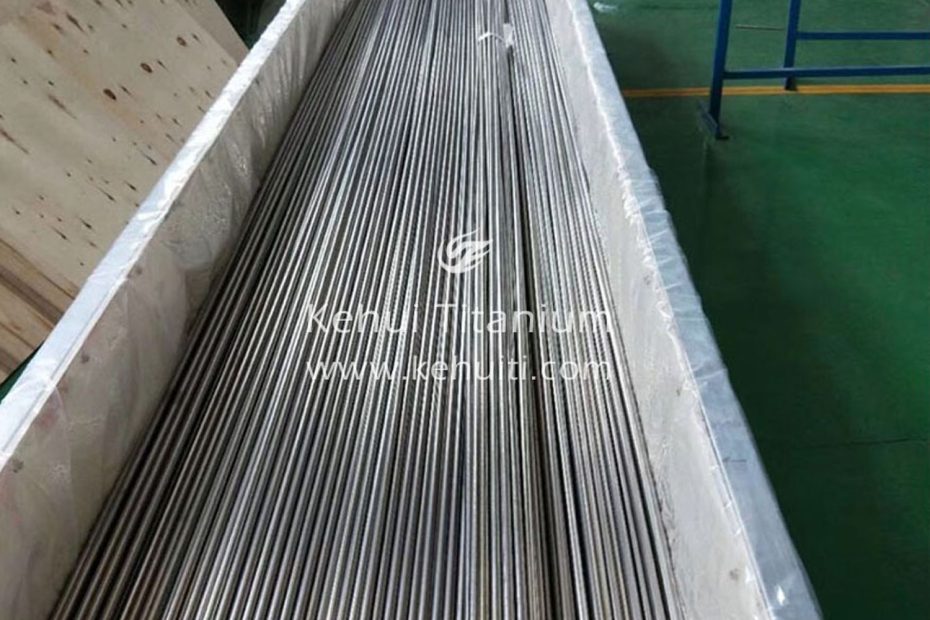Titanium tube grades: TA1 TA2 TA10 TC4 Gr1 Gr2 Gr3 Gr5 Gr9 Gr11 Gr12 Gr16 Gr17 Gr23, etc.
Titanium tube specifications: outer diameter (Φ2-Φ200) × wall thickness (0.2-15) × length mm
Main uses: Titanium alloy has high strength and low density, good mechanical properties, good toughness and corrosion resistance. In addition, titanium alloys have poor process performance and are difficult to process. During thermal processing, they easily absorb impurities such as hydrogen, oxygen, nitrogen, and carbon. It also has poor wear resistance and complex production process. Industrial production of titanium began in 1948. The needs of the development of the aviation industry have caused the titanium industry to develop at an average annual growth rate of about 8%. At present, the annual output of titanium alloy processing materials in the world has reached more than 40,000 tons, and there are nearly 30 types of titanium alloy grades. The most widely used titanium alloys are Ti-6Al-4V (TC4), Ti-5Al-2.5Sn (TA7) and industrial pure titanium (TA1, TA2 and TA3).
Titanium alloys are mainly used to make aircraft engine compressor parts, followed by structural parts for rockets, missiles and high-speed aircraft. In the mid-1960s, titanium and its alloys have been used in general industry to make electrodes in the electrolysis industry, condensers in power stations, heaters for petroleum refining and seawater desalination, and environmental pollution control devices. Titanium and its alloys have become a corrosion-resistant structural material. In addition, it is also used to produce hydrogen storage materials and shape memory alloys.


